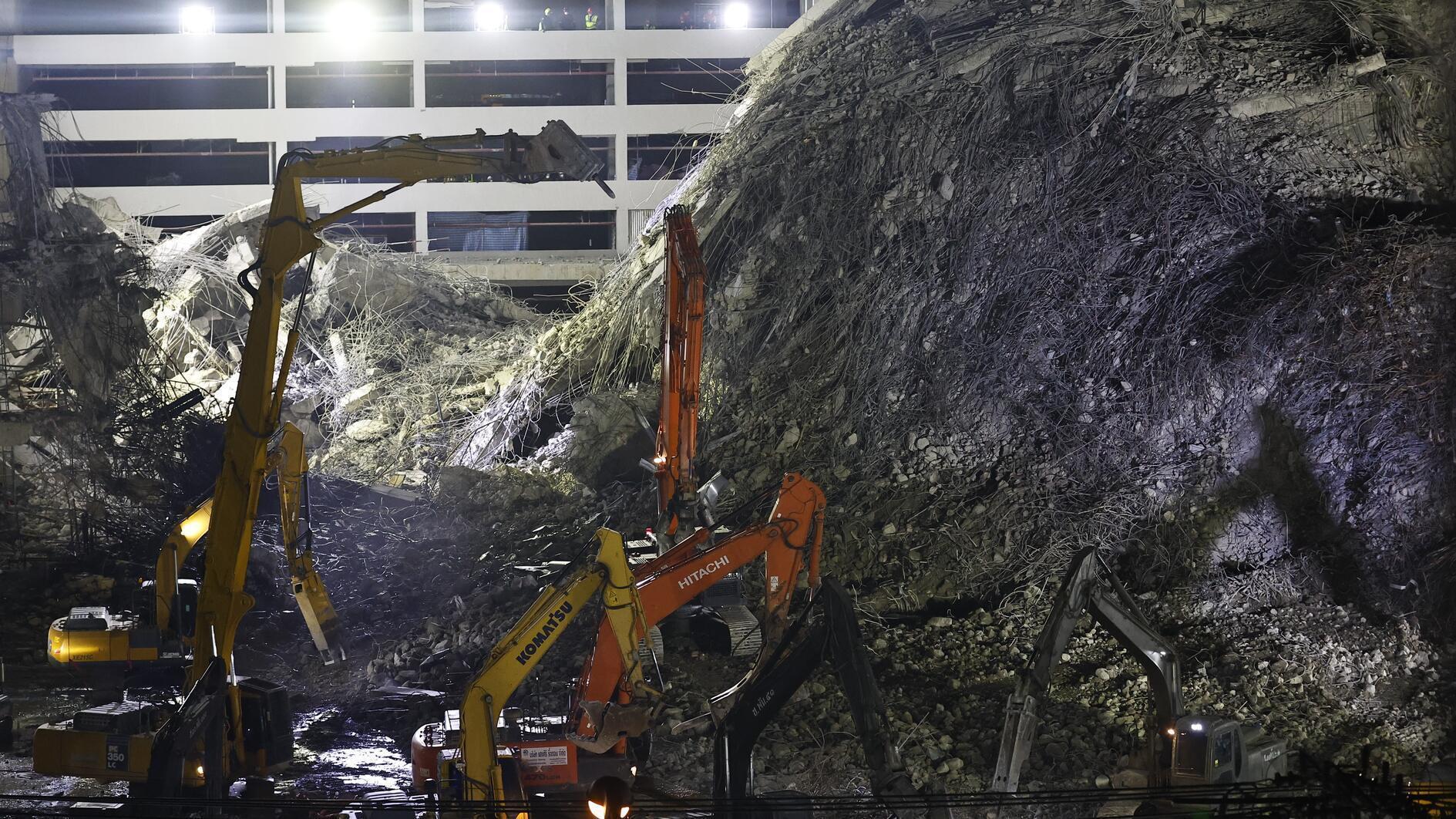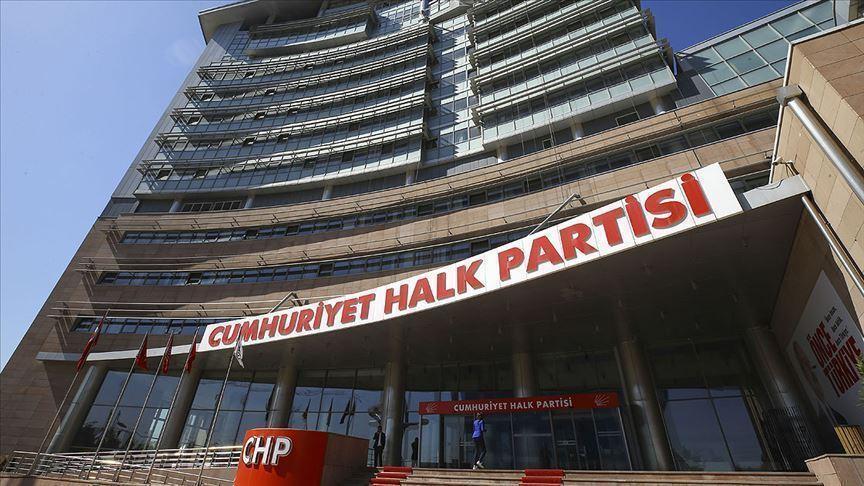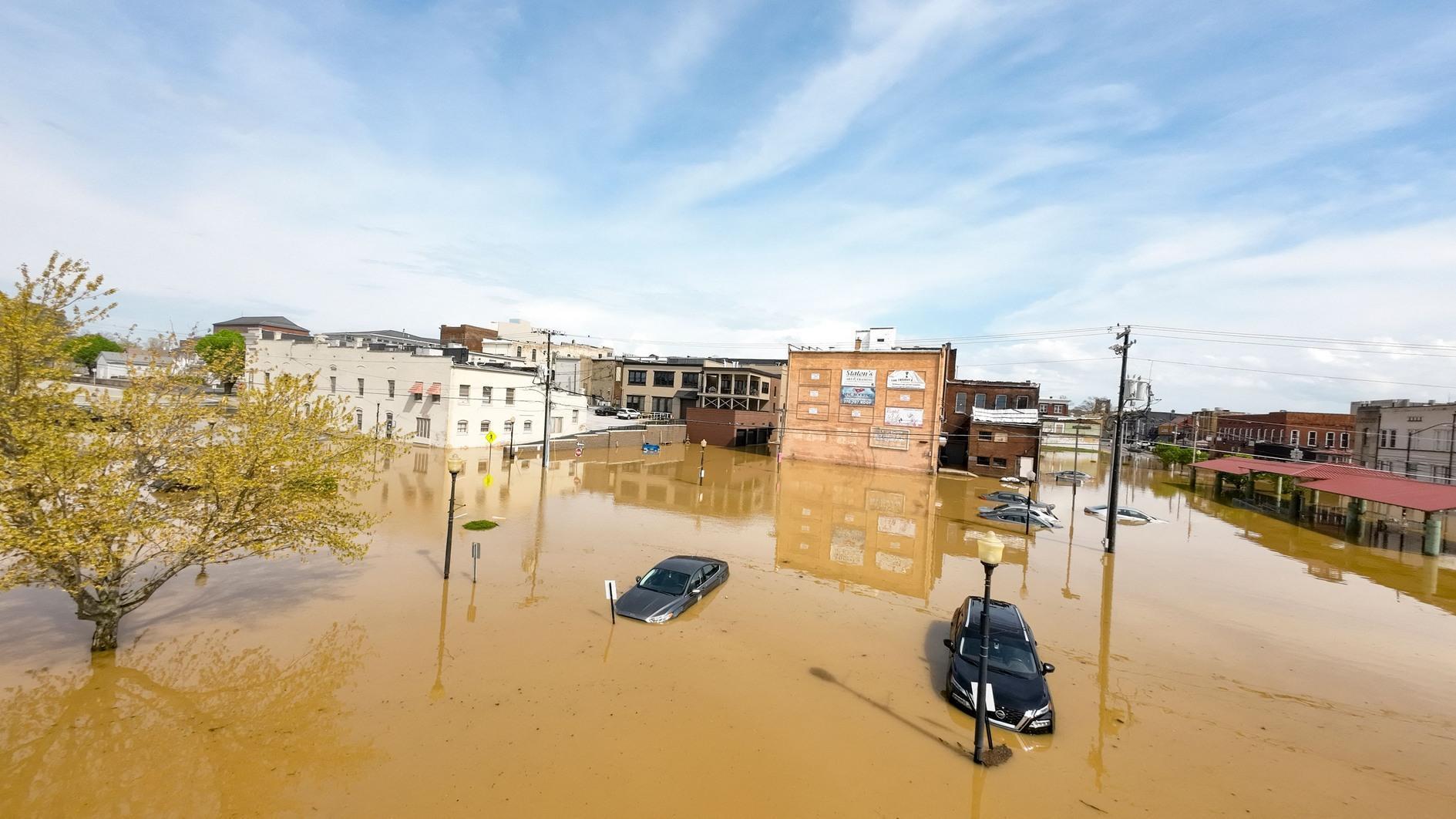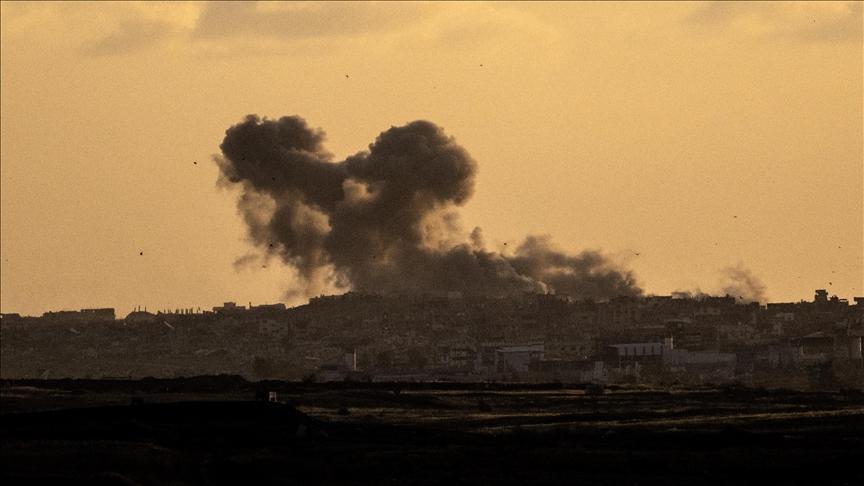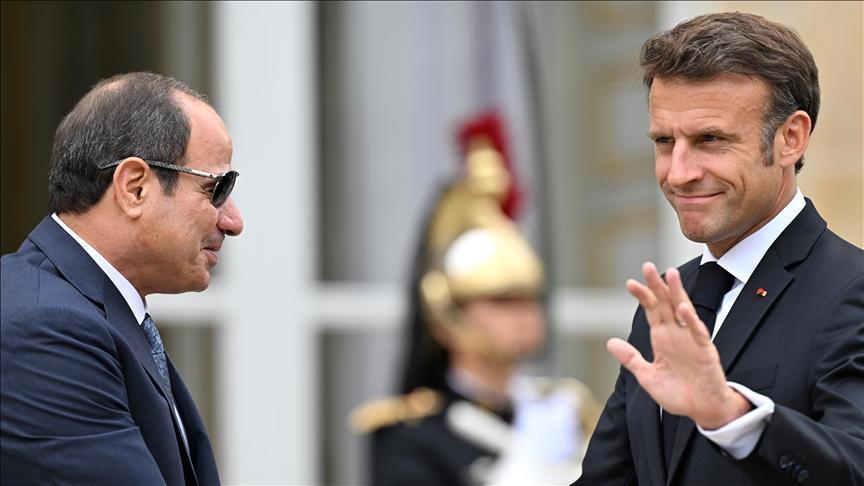Political Greek drama
Christos Loutradis
The Greek political scene has a long tradition and close relationship with the Ancient Greek drama.The recent political developments are proof that despite the fact that Greek society has witnessed the most shocking and deep crisis since World War II, the political elite is trapped in the same stereotypes that led the Greek economy and society to bankruptcy.
These days the Greek government and, in particular, the finance minister are running a negotiations marathon with the Troika trying to persuade them to end the memorandum of austerity, authorized by the European Union and the International Momentary Fund. However, the “hot potatoes” of retirement age, public service layoffs and the rising cost of the public health system are issues on which the Troika technocrats have not reached a consensus. At the same time, the Greek government insists in moving forward with Prime Minister Antonis Samaras’ proposals for tax cuts without the Troika’s approval.
All of the above are producing a hot environment around the negotiations. However, it seems that the target for a Greek economy without Troika supervision is not a political illusion from 2015. The main issue of concern is not when and under which circumstances the lenders will leave Athens but what is the plan of the government for a long term development and restructuring of the Greek productivity model.
A Greek government that seems to be trapped in a reform standstill has focused merely in the survival of the two counterparts, New Democracy and PASOK. The previous reforming dynamism of the two political parties that comprise the government is completely lost between the inability of the leading ministers of the government to enforce a reformist agenda and the populist attack from the main opposition party of SYRIZA, which is trying to produce a snap election due to the fact that it lead in the opinion polls.
After the Troika, the next big political event that may have a vital effect, perhaps even causing the current government to collapse is the presidential elections in 2015. The magic number of 180 members of Parliament that are needed by the governing parties to elect the new president does not seem to be feasible, as the increasing number of independent members of Parliament and the minor parties, the Independent Greeks and the Democratic Left, will not vote in favor or the presidential candidate proposed by the current government. This was the main reason behind the decision of the government to ask for a vote of confidence from Parliament next Monday when the draft budget of 2015 will be presented. Samaras is seeking to ensure its governmental majority before the presidential elections of 2015 and to block the pressure from SYRIZA for snap elections.
However, this slight alteration of strategy doesn’t mean that snap elections in 2015 with regard to the presidential election are an illusion. The main issue of the bankruptcy in Greek politics remains the same: The political elite are out of touch with the global environment and there is a need for an open and transparent state with an economy that is free to thrive.


